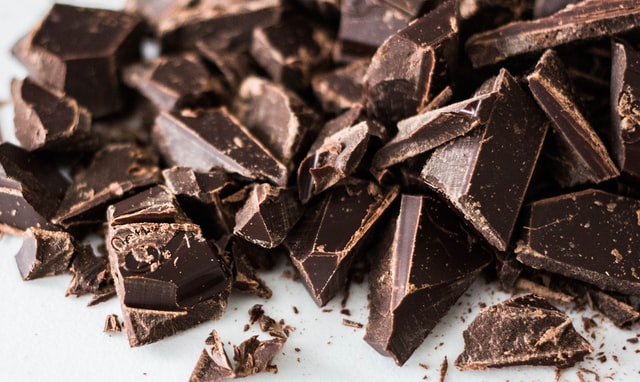Blood pressure levels are one of the many things that must be considered when maintaining a healthy diet. High levels of blood pressure must be treated or monitored, and after a prolonged period with no solution in sight, untreated levels can lead to heart disease, heart failure, or stroke. You may not realize it, but certain factors of your diet can be directly leading you down the path of hypertension. Here are some of the best foods to avoid if you are looking to keep your blood pressure levels in check.
French fries
Probably not the biggest surprise to you, but french fries are not exactly the most ideal snack to have alongside your burger or other greasy meal. 9 out of 10 orders of french fries are generously coated in salt. Excessive salt intake can lead to fluid retention in your body, leading you down the road to high blood pressure.
Mashed potatoes
No, mashed potatoes are not much healthier than their deep-fried cousin, the french fry. Studies have shown that high intake of potatoes in general can lead to hypertension. This data was even more apparent among those who ate 3-4 or more servings of mashed potatoes a week.
Sausage
Sausages have been found to be very fatty and salty meats. A single sausage sandwich can contain over half of the recommended daily intake of sodium.
Mineral water
Yes this is true, mineral water isn’t as healthy as it is advertised to be. Individuals who are prone to hypertension should avoid bottled mineral water. Mineral water can contain high levels of sodium, some around 200 mg per liter. The same can be said for salt content, which is a common catalyst for hypertension and other related illnesses. If possible, stick to regular tap or bottled water.
Wine
Now, let me explain this one. Yes, wine has been linked to beneficial antioxidants and lowering the risk of heart disease. If you experience hypertension though, you should probably limit your consumption to around one to two glasses per day. Excessive drinking is a leading cause of high blood pressure and associated blood, heart, and kidney diseases.
Experiencing hypertension is nothing to be ashamed of. You can still enjoy a normal life with high blood pressure, you just have to be a bit more aware of your diet!
Dr. Barbara R. Edwards, a Princeton MD is the Academic Director for the Ambulatory Residency Program at Penn Medicine Princeton Health, providing quality care to uninsured and under-insured New Jersey residents in Mercer and Middlesex counties.






